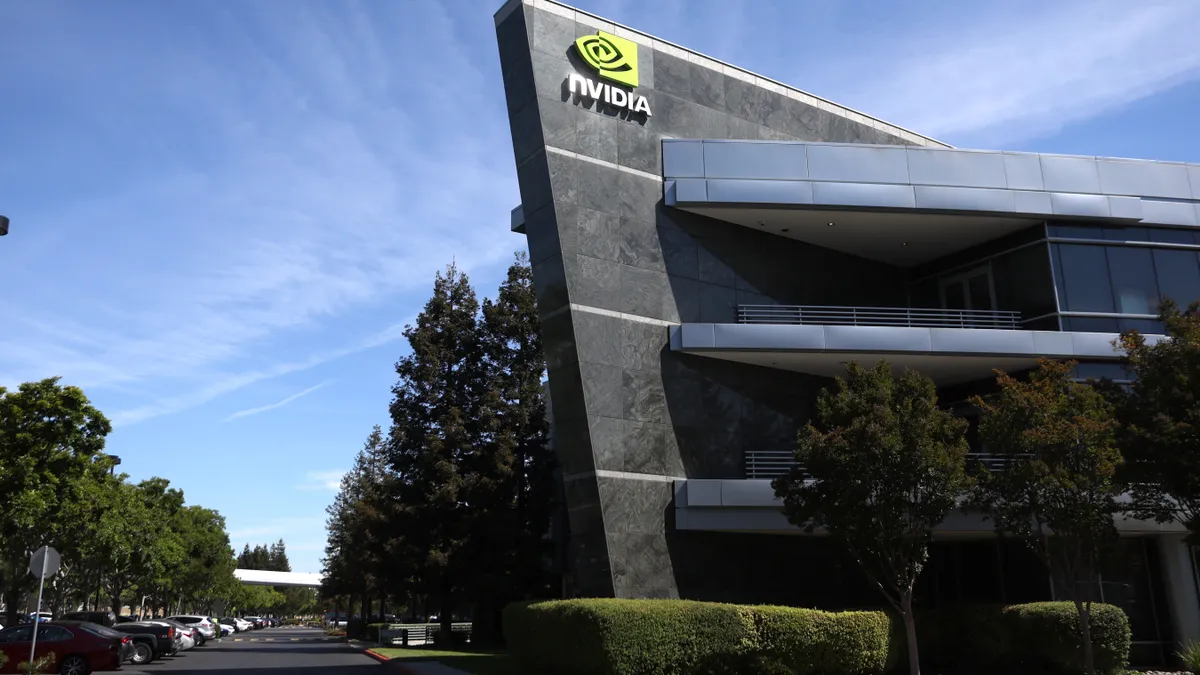Dive Brief:
- A federal lawsuit alleges that Nvidia, which focuses on designing chips for AI, took YouTube creator David Millette’s videos for its AI-training work. The suit charges Nvidia with “unjust enrichment and unfair competition” and seeks class action status to include other YouTube content creators with similar claims.
- Nvidia unlawfully “scraped” YouTube videos to train its Cosmos AI software, according to the suit, filed Wednesday in the Northern District of California. Nvidia used software on commercial servers to evade YouTube’s detection to download “approximately 80 years’ worth of video content per day,” the lawsuit says, citing an Aug. 5 404 media report.
- “We respect the rights of all content creators and are confident that we are working in full compliance with the letter and spirit of the law,” Nvidia said Friday in a statement to Legal Dive.
Dive Insight:
The Nvidia lawsuit was filed less than two weeks after Millette’s similar suit against OpenAI. The lawsuits illustrate how the large language models (LLM) underlying GenAI require vast troves of data, typically sourced from the internet.
Neither of Millette’s lawsuits over use of his YouTube videos alleged copyright infringement by the defendants. Rather, he accused the tech companies of unjust enrichment and business practices. In the case of Nvidia, those practices were “unfair, immoral, unethical, oppressive, unscrupulous, or injurious to consumers,” according to the lawsuit.
Millette is seeking an injunction on the unauthorized use of his videos, restitution and other damages.
Millette’s OpenAI lawsuit accuses that company of taking more than one million hours of video from YouTube using “automated means” such as robots or programmed video scrapers.
Nvidia also commandeered video from Netflix and other online sources, according to the 404 Media report, which cited a former Nvidia employee granted anonymity.
“Anyone is free to learn facts and ideas from publicly available sources,” Nvidia said in its statement responding to the lawsuit. “Creating new and transformative works is not only fair and just, but exactly what our legal system encourages.”
In April, the New York Times reported that Open AI had built a speech-recognition tool called Whisper to transcribe audio from YouTube videos, having exhausted its supply of online text. These videos provide “one of the largest corpora of natural language data available for training and fine-tuning the OpenAI Language Models,” according to the Open AI complaint.
Nvidia shares have surged about 600% since early 2023 – with its market capitalization topping $3 trillion – as the chipmaker has become the Silicon Valley tech company most closely associated with the AI boom.
Millette is represented by Bursor & Fisher.











